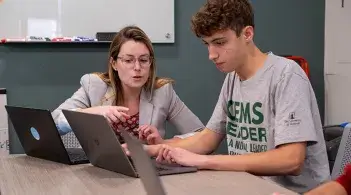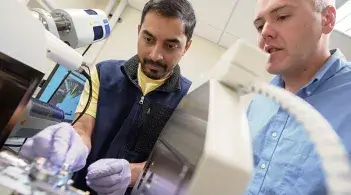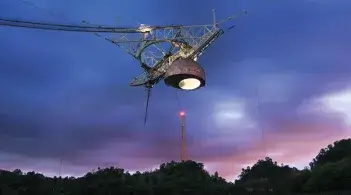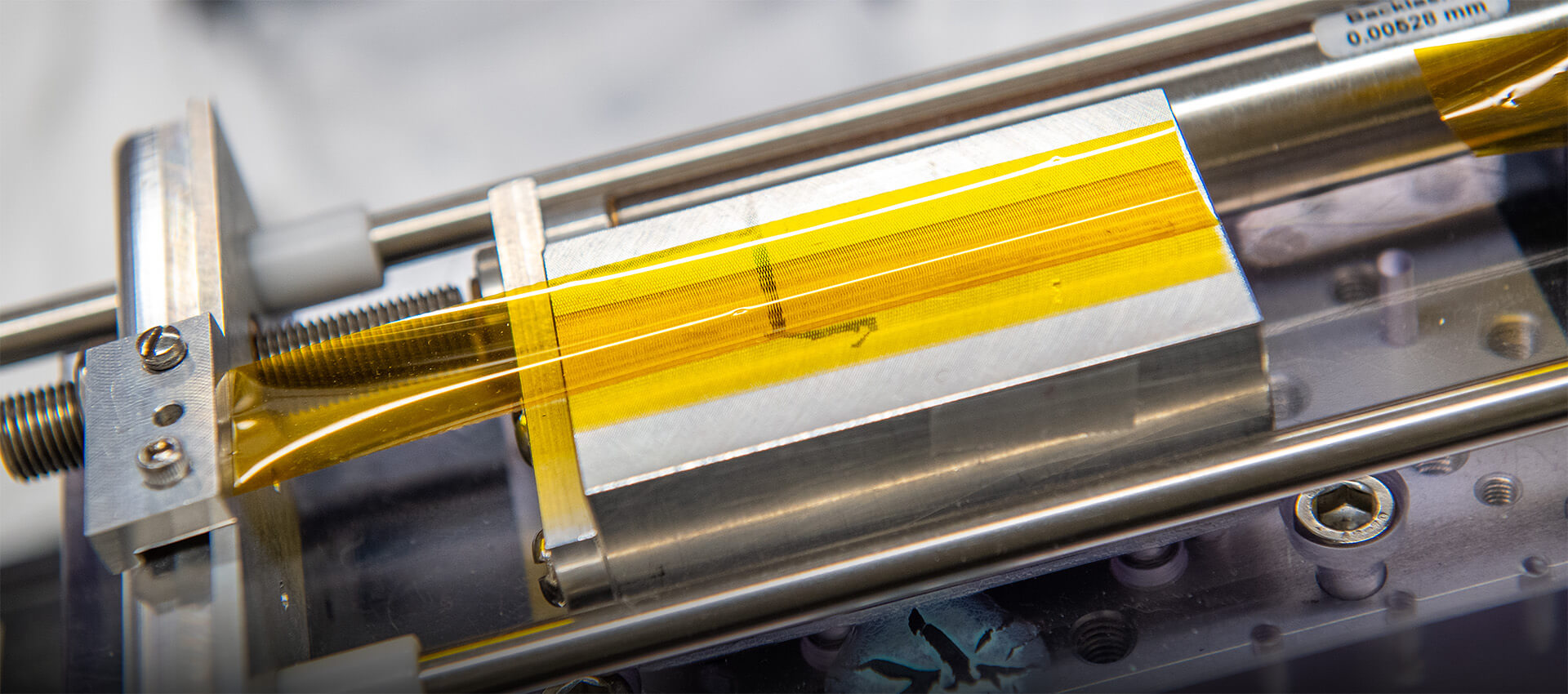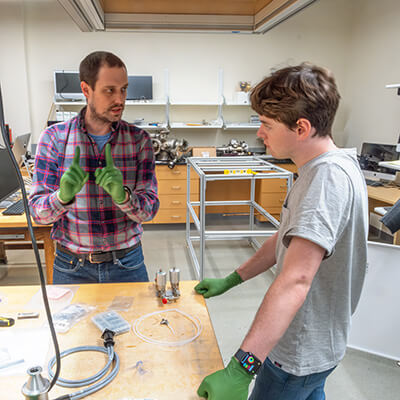Physics
Type of Degree
B.S.
School or College
College of Engineering and Mathematical Sciences
Area of Study
Science, technology, engineering and mathematics
Program Format
On-campus, Full-timePhysicists are problem solvers. The analytical skills they learn make them versatile and adaptable. The undergraduate physics program at UVM will provide you with a deep foundation of knowledge and practical experience which will prepare you for any field.
Loading...
